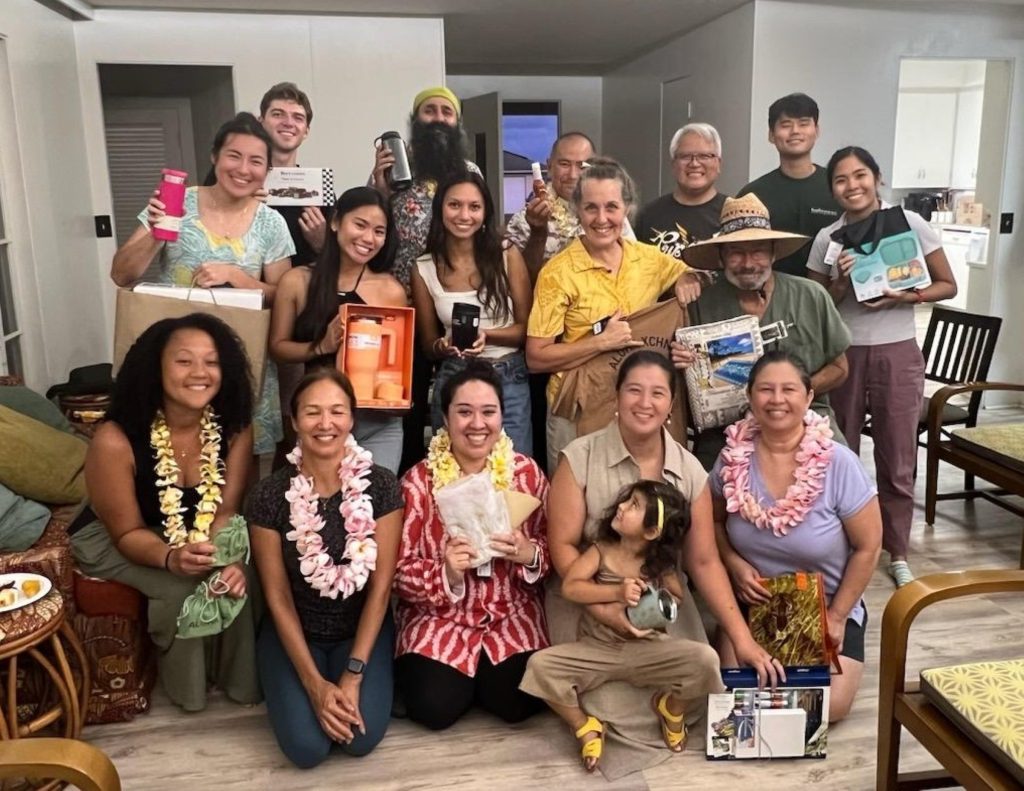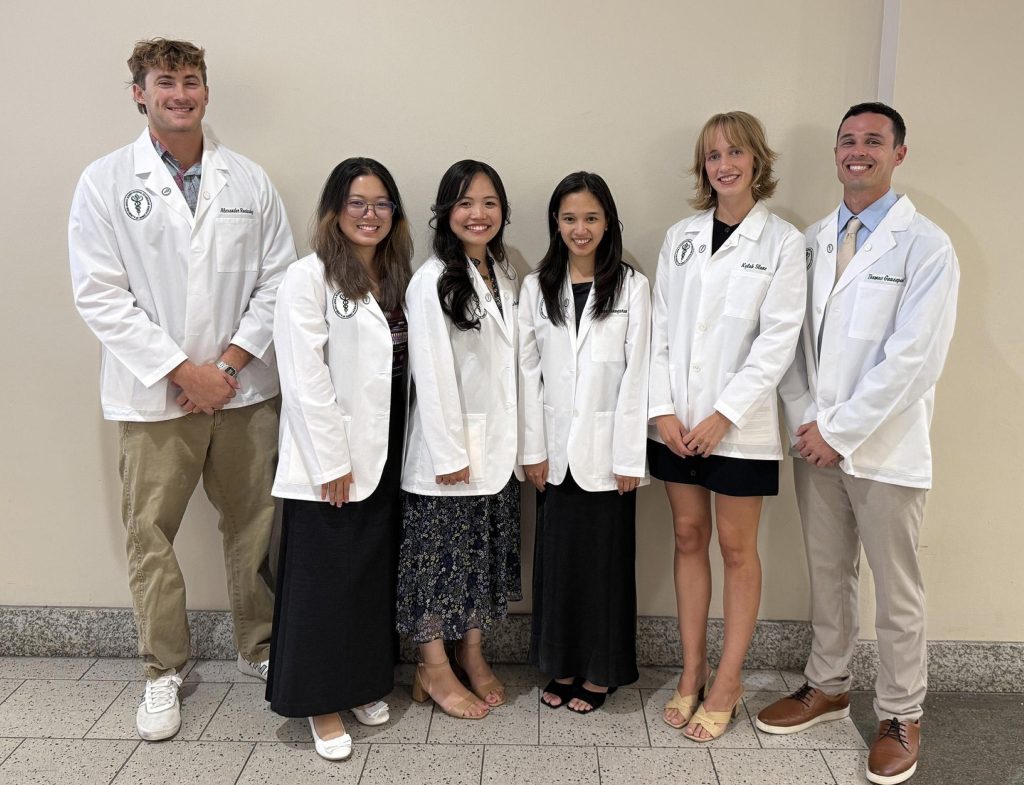Health care initiative cultivates doctors to serve rural communities on Kauaʻi
Returning to his hometown of Kapa‘a to study medicine is more than a dream come true for Thomas Gausepohl — it’s a chance to give back.
He’s now back on Kaua‘i as part of a growing number of local students learning exactly how to serve their own communities and more through a unique initiative transforming rural health care on the Garden Isle.
Gausepohl is a member of the fourth cohort of Kaua‘i Medical Training Track, a program aimed at cultivating dedicated physicians committed to serving rural communities.

It was established with a $10 million gift from Dr. Priscilla Chan and her husband and Facebook founder Mark Zuckerberg.
“Mark and I are so pleased to see the Kaua‘i Medical Training Track welcome its fourth cohort,” said Dr. Chan in a release about the transformational program. “With 22 students now in the pipeline, the program will help meet Kaua‘i’s medical needs for years to come.”
The program — which is administered by University of Hawai‘i John A. Burns School of Medicine — offers an immersive training experience on Kaua‘i, allowing medical students to live, learn and train on the island for up to 15 months throughout their 4-year education.
“Rather than a brief rotation, this pathway integrates students into the fabric of Kauaʻi so when they graduate, it will be an easier transition for them to return to the community,” said John A. Burns School of Medicine Director of Rural Training Dr. Travis Hong in the release. “In addition to building medical knowledge, we’re developing community connections and long-term commitment.”
Students accepted into the program receive extensive support — including tuition, housing and transportation — in exchange for a 4-year post-graduation commitment to practice on Kaua‘i.
While open to all applicants, the program prioritizes those with local ties or a demonstrated interest in rural medicine.
“Learning alongside doctors and preceptors who serve in Kauaʻi’s rural health system will be invaluable,” said Gausepohl, who was born in Kapa‘a and graduated as valedictorian from Kapa‘a High School. “I think it will definitely help me see what this kind of work looks like day-to-day, and what it means to be part of a team that’s truly serving the community.”
Kaua‘i Medical Training Track has continued to attract increasing interest since its launch, drawing numerous applicants for each of the available six slots.
It also generated strong support among Kaua‘i physicians, with as many as 40 volunteering as educators and 22 serving as core faculty — all actively practicing on the island.
“Word-of-mouth and media exposure have helped the program grow organically,” said Hong. “And we’re seeing how this kind of sustained, place-based medical education really makes a difference — not only for the students, but for the entire Kaua‘i health care system.”

Kirra Borrello, a fourth-year medical student and member of the first Kaua‘i Medical Training Track cohort, said the program changed the way she thinks about medicine.
Her participation in the program has “significantly broadened” her medical education “by combining principles of community engagement and services into traditional clinical training.”
“Working closely with the Kauaʻi community preceptors throughout my third year has highlighted the importance of cultural competence and social determinants of health in delivering patient-centered care, especially in a tight-knit rural community such as Kauaʻi,” said Borrello in the release.



